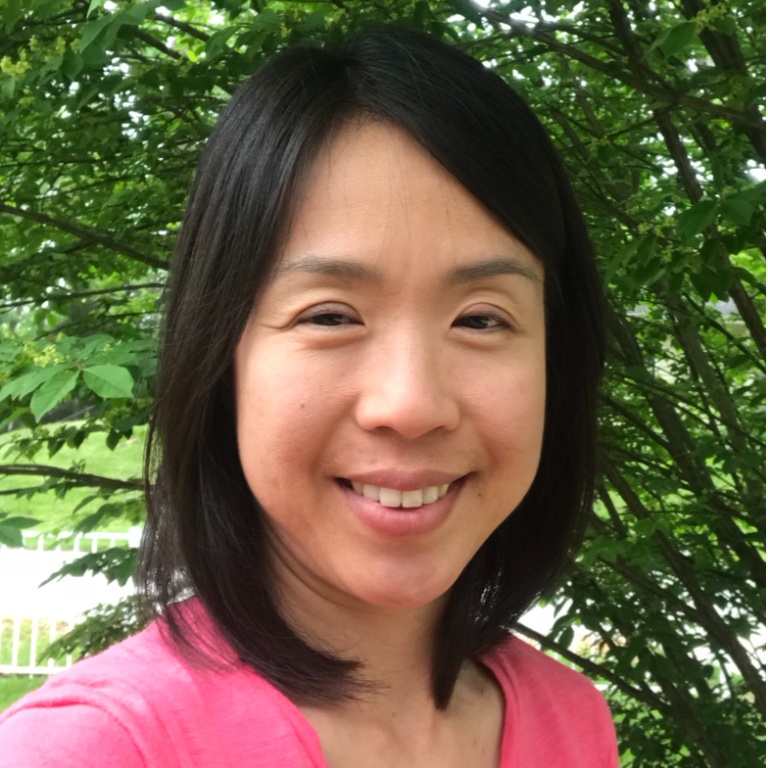- Ph.D., Sociology, Cornell University, 2010
- M.A., Sociology, Yonsei University, Seoul, Korea, 2002
- B.A., Sociology and English Language and Literature, Yonsei University, Seoul, Korea, 2000

Youngjoo Cha
Associate Professor, Sociology

Associate Professor, Sociology
Why does gender inequality persist, despite progress made in educational attainment and other dimensions? How have new sources of inequality emerged in a changing economy? What organizational and national policies can help to change these trends? In my research, I seek to answer these questions.
Specifically, my main research investigates how the trend toward long work hours and workplace norms prescribing long hours reinforce gender inequality, and under what conditions flexible work policies (e.g., flexible schedules, remote working, paid time off) can help to change these patterns. My other research investigates how parenthood is associated with the gender pay gaps in various settings; the patterns and heterogeneity of hiring, promotion, wage outcomes of Asian-origin workers, particularly focusing on the role of stereotypes; the organizational, institutional, and market conditions that drive changes in organizational diversity; and how the pandemic has changed employees’ and employers’ perspectives on work.
Recent Publications (* = graduate co-authors at time of research)
Cha, Youngjoo and Cassie Mead*. 2025. “Understanding the Causes of Burnout and Gender and Race Disparities in STEMM: A Multilevel Approach.” Pages 73-106 in Impact of Burnout on the STEMM Workforce: Proceedings of a Workshop, by National Academies of Sciences, Engineering, and Medicine. Washington, DC: The National Academies Press. [link]
Lee, Jennifer Jiwon*, Kristin Kelley*, Cassie Mead*, and Youngjoo Cha. 2024. “‘It’s just my personality.’ How employees make sense of why they work long work hours in a supportive workplace.” Community, Work & Family. [link]
Cha, Youngjoo and Rebecca K. Grady*. 2024. “Overwork and the Use of Paid Leave and Flexible Work Policies in the U.S. Workplaces.” Social Science Research 121:103006. [link]
Cha, Youngjoo, Kim A. Weeden, and Landon Schnabel*. 2023. “Is the Gender Wage Gap Really a Family Wage Gap in Disguise?” American Sociological Review 88(6):972-1001. [link]
Cha, Youngjoo and Seung-kyung Kim. 2023. “Gender Divide, Time Divide: Gender, Work and Family in South Korea.” Journal of Korean Studies. 28(2):207-227. [link]
Benard, Stephen, Bianca Manago*, Anna E. Acosta Russian*, and Youngjoo Cha. 2023. “Mapping the Content of Asian Stereotypes in the United States: Intersections with Ethnicity, Gender, Income, and Birthplaces.” Social Psychology Quarterly 86(4):432-456. [link]
Research in Progress
Cha Youngjoo, Kristin Kelley*, and Elizabeth Hirsh. 2025. “Can Flexible Work Policies Challenge Ideal Worker Norms and Improve Employees’ Work Outcomes? The Role of Policy Design and Implementation.” SocArXiv. https://doi.org/10.31235/osf.io/c6fp9_v1.
Cha, Youngjoo, Lena Hipp, and Soocheol Cho*. “Competing Devotions in the Postpandemic Economy: The Effect of Remote Working on Perceptions of Employees as “Good Workers” and “Good Parents” in Germany, South Korea, and the United States.” (First two authors contributed equally.)
Cha, Youngjoo, Dongeun Shin*, Kiho Sung*, and Stephen Benard. “Technically Competent but Less Socially Skilled? Payoffs to Occupational Skills Associated with Stereotypes Among Asian-Origin Workers in the United States.”
Cha, Youngjoo, Kim A. Weeden, and Tiffanie Vo*. “How does gender wage gaps vary by the age, number, and residence of Children?”
Cha, Youngjoo and Ekaterina Baldina*. “Changes in How Employees Define Ideal Workers Before and After the Onset of the COVID-19 Pandemic.”
Leshchenko, Olga*, Youngjoo Cha and Elizabeth Hirsh. “Designing Flexibility: How the Implementation of Flexible Work Policies Is Associated with Time Adequacy and Employee Wellbeing.”
Cho, Yunmyung*, and Youngjoo Cha. “Time, Money, and Workplace Policies: The Intersection of Gender, Race and Class in Workers’ Self-Assessment as Ideal Parents.”
Guo, Jiao and Youngjoo Cha. “More Than Moments: Work-Hour Trajectories and the Gender Gap in Earnings at Midlife.”
In the News